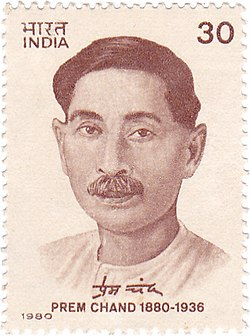Uttar Pradesh Switch to Hindi
UP First in India to Use AI for Road Safety
Why in News?
Uttar Pradesh has become the first Indian state to launch an Artificial Intelligence (AI) and Big Data Analytics based Road Safety Pilot Project, approved by the Ministry of Road Transport and Highways (MoRTH).
- The state government has allocated Rs 10 crore in its 2025-26 Budget to develop a 'data-driven administrative model' for the Transport Department.
Key Points
- Project Partners: The pilot project will be executed at no cost by the public sector enterprise ITI Limited, in collaboration with the global technology firm mLogica.
- The Ministry of Road Transport & Highways (MoRTH) holds no financial liability for the project.
- Comprehensive AI Integration: The project will analyse accident reports, weather conditions, vehicle details, driver records, and road infrastructure to identify causes of accidents and detect black spots on highways.
- It will focus on data collection and the creation of a predictive AI model to trace accident patterns and high-risk zones.
- Real-Time Dashboard: A policy dashboard will be developed to monitor vehicle movements, violations, income records, and enforcement data — all in real time.
- Fraud Detection & E-Challan Monitoring: The system will automatically flag fraudulent applications, track vehicle locations, aid in on-the-spot enforcement, and e-challan recovery.
- Wider Integration: Around 5 crore vehicles and 3 crore driving licence holders will be linked to the system.
- AI will be extended to other transport services like faceless issuance of driving licences and permits, application approvals, and document printing.
- Legality of Project: The Ministry also emphasized that the initiative must fully adhere to the Motor Vehicles Act, 1988, the Central Motor Vehicles Rules, 1989, and all road safety standard operating procedures (SOPs).
Uttar Pradesh Switch to Hindi
145th Birth Anniversary of Munshi Premchand
Why in News?
On the eve of Munshi Premchand's 145th birth anniversary, Postmaster General Krishna Kumar Yadav highlighted the deep connection between Premchand and the postal family.
- He also emphasized Premchand’s transition from idealism to realism, which makes his work highly relevant to today’s social environment, particularly in addressing ongoing issues such as poverty, casteism, gender discrimination, and exploitation.
Key Facts About Munshi Premchand
- About: Munshi Premchand, born as Dhanpat Rai Srivastava on 31st July 1880, in Lamhi village near Varanasi, is considered one of the most influential novelists, storywriters, and thinkers in Hindi and Urdu literature.
- After Premchand’s first unsuccessful marriage, he remarried Shivarani Devi (in 1906), a child widow, which was considered a revolutionary act at that time.
- His wife, Shivarani Devi, wrote a memoir titled ‘Premchand Ghar Mein’ after his death.
- Early Life and Education: Premchand was born to Munshi Ajaib Lal (a post office clerk) and Anandi Devi.
- He learned Urdu and Persian early on and attended missionary school for English education. He completed his matriculation in 1898 and went on to earn a B.A. in 1919 from Allahabad University, specializing in English, Persian, and History.
- Career Path: From 1899 to 1921, Premchand worked as a school teacher and a Deputy Sub-Inspector of Schools.
- In 1921, he resigned from government service in response to Gandhi’s non-cooperation movement.
- Literary Career and Pen Names: Initially, he wrote under the pen name ‘Nawab Rai’, a childhood nickname. He later adopted ‘Premchand’ after the British colonial government banned his collection ‘Soz-e-Watan’ in 1910.
- His literary brilliance earned him the title ‘Upanyas Samrat’ (Emperor of Novels) and ‘Magician of the Pen’ from contemporary Hindi writers.
- Major Contributions to Literature: Premchand is considered the pioneer of realism in Hindi and Urdu literature.
- He is known for writing over 300 short stories and 18 novels, most notably ‘Godan,’ ‘Kafan,’ ‘Pus Ki Raat,’ and ‘Panch Parmeshwar’, which resonate even today for their critique of society and human emotion.
- He contributed to leading Hindi and Urdu journals such as ‘Zamana,’ ‘Saraswati,’ ‘Madhuri,’ ‘Maryaada,’ ‘Chaand,’ and ‘Sudha.’ He also edited and published the prominent Hindi newspaper, ‘Jagran,’ and the literary magazine ‘Hans.’
- Premchand purchased Saraswati Press, but it eventually suffered losses and shut down. Later, he moved to Mumbai to write film scripts.
- Modern Recognition: Premchand’s literary legacy continues to thrive, with the Sahitya Akademi Premchand Fellowships established in 2005 to honor his memory.
- Many of his works have been adapted into films, including Satyajit Ray’s ‘Shatranj Ke Khiladi’ (1977). His stories have been translated into numerous Indian and international languages, further cementing his place as a literary icon.
- The period from 1918 to 1936 is regarded as the 'Premchand Era' in the field of Hindi literature, during which his works continued to touch upon themes of social justice, equality, and freedom, remaining relevant even in today’s world.
- The Department of Posts issued a Commemorative Postage Stamp in 1980 to honor his immense contribution to Indian literature and society.
- Final Years and Legacy: Premchand was elected as the first president of the All-India Progressive Writers’ Association in 1936.
- Death: He passed away on 8th October 1936 in Varanasi at the age of 56.






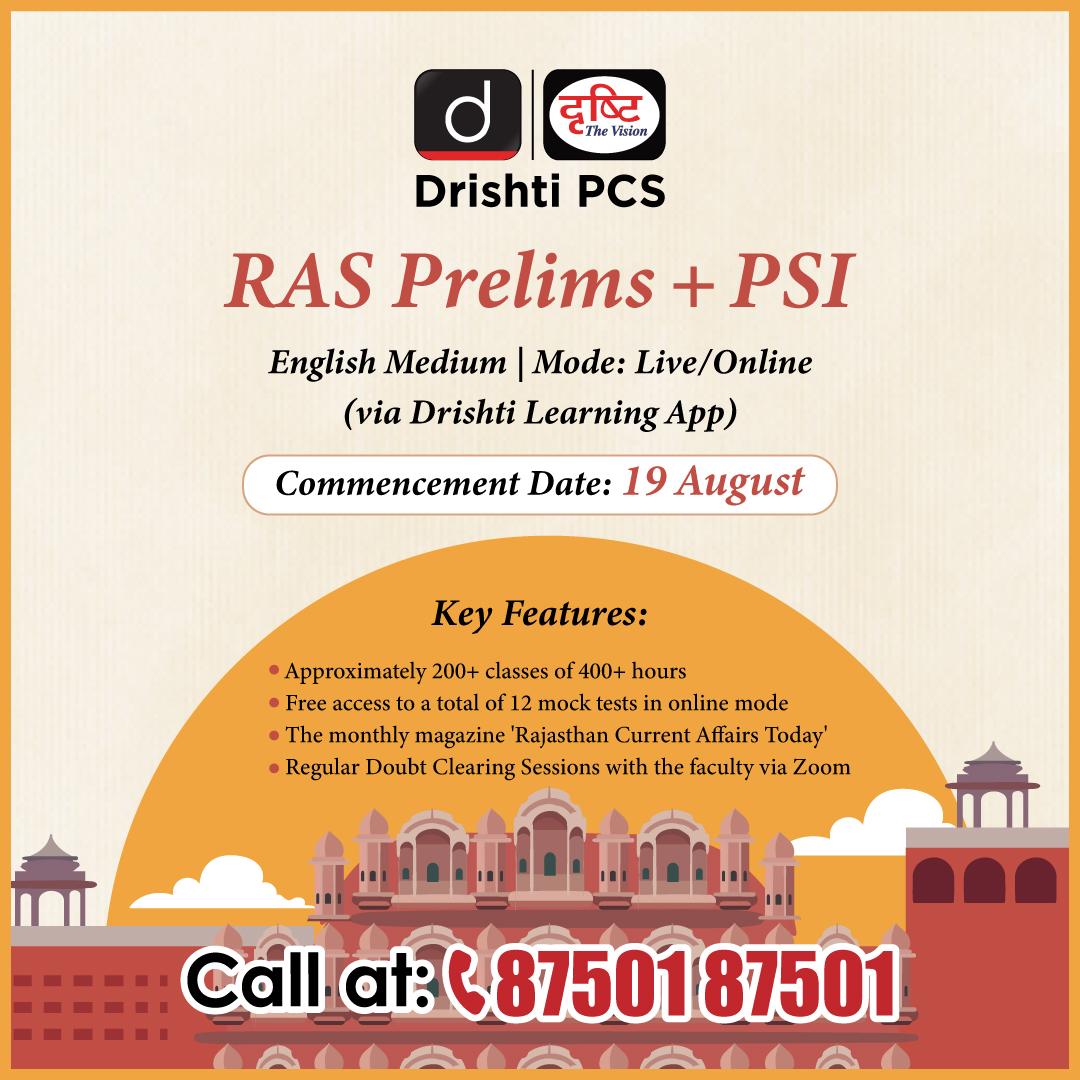


-UPPCS-English%20(web).png)
-UPPCS-English%20(mobile).png)

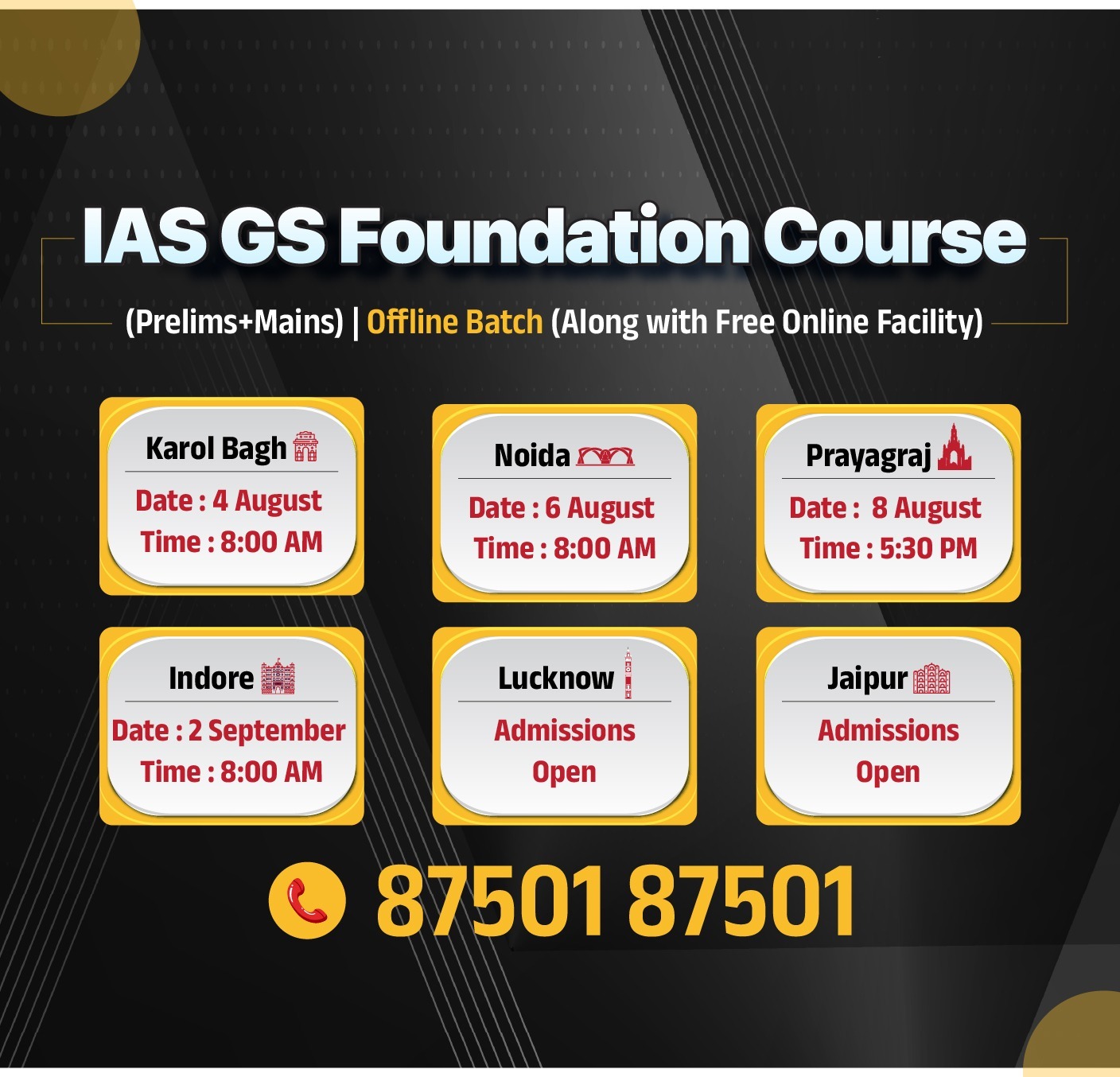

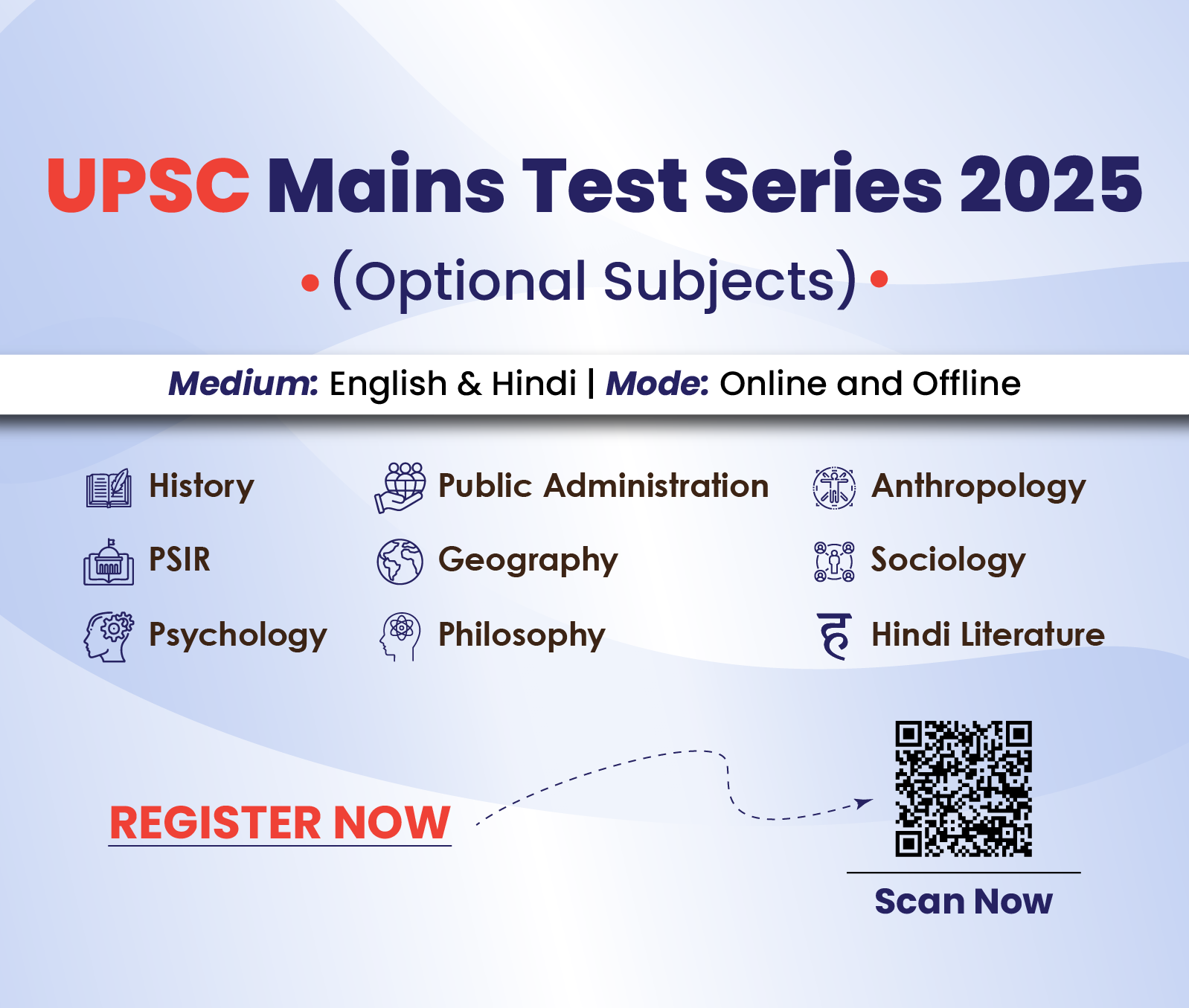

.jpg)

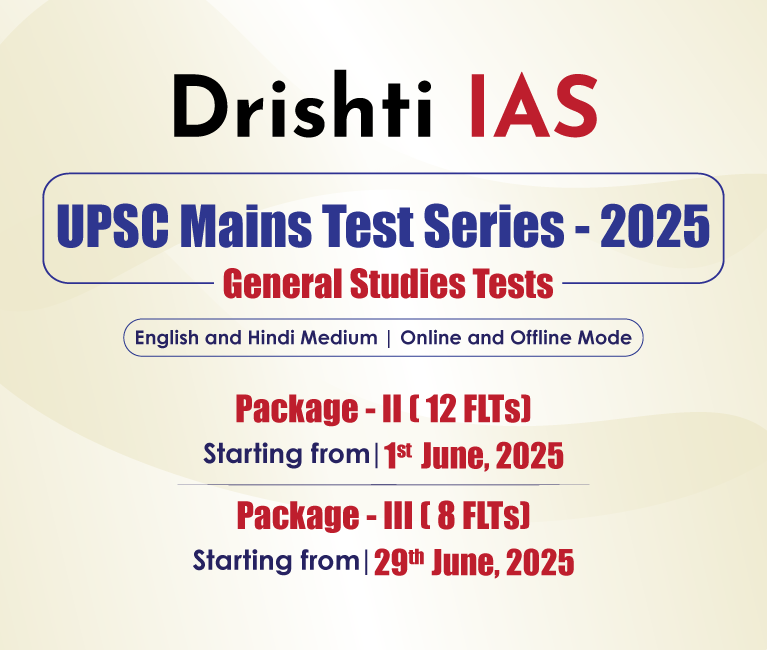



 PCS Parikshan
PCS Parikshan